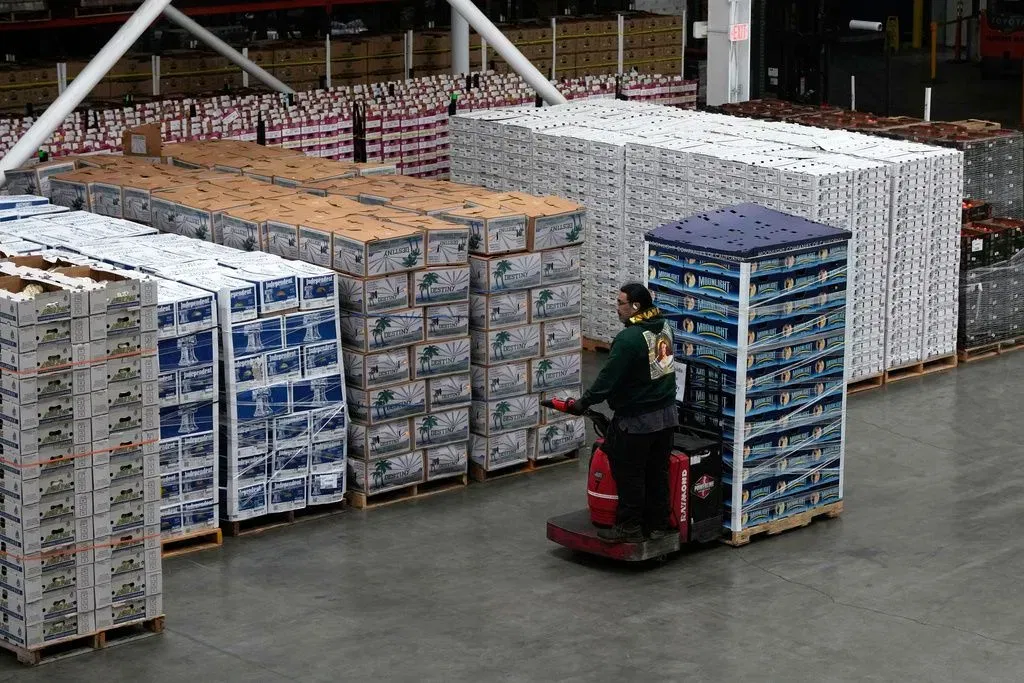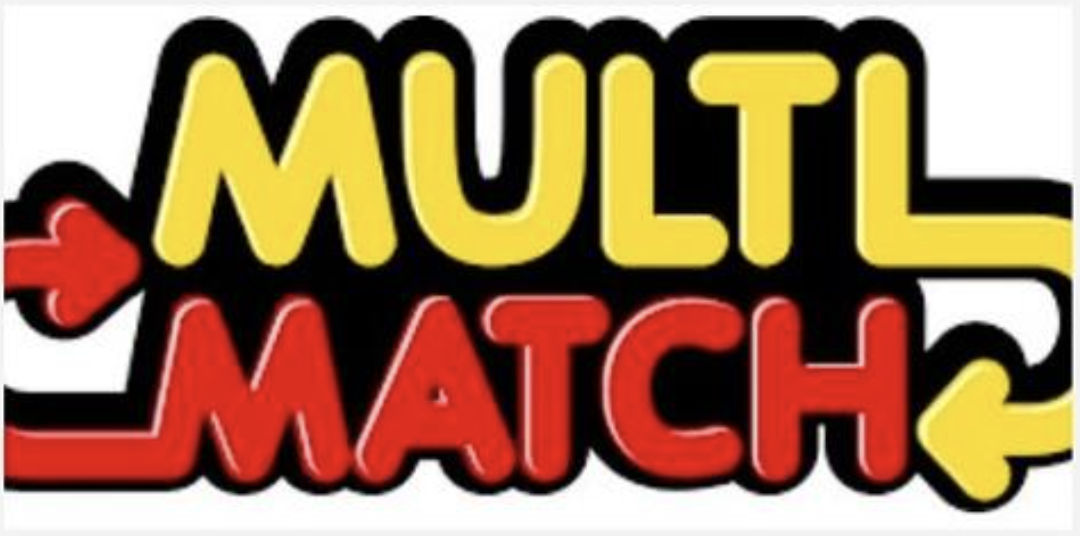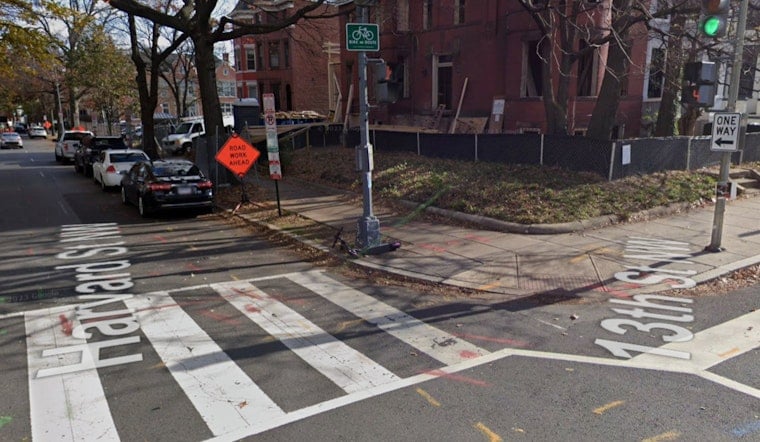SEATTLE, WA — Food banks across Seattle are bracing for a crisis as sweeping changes to the Supplemental Nutrition Assistance Program (SNAP) begin to take effect nationwide. With demand already at record highs, community food distributors warn that upcoming cuts could drastically reduce support for thousands of Washingtonians, plunging more families into food insecurity.
“Worse Than the Pandemic”
Aaron Czyzewski, Director of Advocacy and Public Policy at Food Lifeline, a major food distribution hub supplying over 300 food banks in Western Washington, described a dire situation.
“Food insecurity in Washington state right now is higher than during the peak of the pandemic,” he told KOMO News. “We simply don’t have enough food to meet the growing demand.”
He explained that their warehouse inventory is turning over every few days, making it nearly impossible to keep up with the rising number of people in need.
That observation is echoed by local food banks, including the West Seattle Food Bank and the Food Bank at Saint Mary’s, both of which report growing numbers of walk-ins each week. At the same time, rising food costs and a drop in donations are leaving shelves sparse.
SNAP Eligibility Changes Threaten Thousands
Washington’s Department of Social and Health Services (DSHS) estimates that about 1 million state residents rely on SNAP monthly. But changes to eligibility requirements could cut off nearly 140,000 people from receiving any benefits.
According to the Center on Budget and Policy Priorities, the new federal rules introduce stricter work requirements:
-
Parents with children over age 6 and adults aged 55 to 64 must prove they are working at least 20 hours per week, or qualify for an exemption (such as a disability).
-
If they don’t meet these standards, they may only be eligible to receive three months of benefits in a three-year period.
These changes are part of a federal overhaul—referred to by critics as the “Big Beautiful Bill”—which redefines benefit levels under the Thrifty Food Plan and decouples SNAP adjustments from inflation. As a result, households will lose critical purchasing power as food costs rise.
Impact on Families: “This Takes Food From Kids”
Governor Bob Ferguson’s office has strongly condemned the SNAP changes. According to his office:
-
The average household will lose $56 per month in benefits.
-
The maximum monthly allotment for a family of four will drop from $975 to $848.
In a statement to KOMO News, Ferguson’s office said:
“President Trump’s cruel bill will literally take food away from thousands of Washington children to pay for tax cuts for billionaires… These cuts will adversely impact a generation of kids into the future.”
Earlier this year, Ferguson criticized the bill, stating:
“This takes food from our most vulnerable Washingtonians to give tax breaks to the ultra-wealthy. This bill is only beautiful to billionaires.”
State Budget Burden Looms
Adding to the challenge, states will soon be required to contribute more toward funding SNAP benefits. Beginning October 1, 2027, Washington will need to cover between 5% and 15% of the program’s total cost—amounting to an estimated $100 million to $300 million annually.
Czyzewski expressed deep concern over how the state, already facing a historic budget shortfall, will find the money.
“Nobody’s told me where that money’s going to come from,” he said.
A Strained System Nears Breaking Point
With demand rising, donations declining, and federal support shrinking, Seattle’s food banks are preparing for the worst.
Local organizations say they are being overwhelmed, not just by individuals experiencing homelessness, but by working families who can no longer make ends meet. These changes threaten to undo progress made during and after the pandemic, when emergency SNAP allotments helped stabilize millions.
As policymakers in Olympia and Washington D.C. debate budget priorities, food security advocates stress that the cost of inaction is far greater—not just for individual families, but for entire communities.
For now, Seattle’s food banks remain committed to their mission, but without policy changes or emergency funding, they warn the safety net may soon unravel.












Leave a Reply